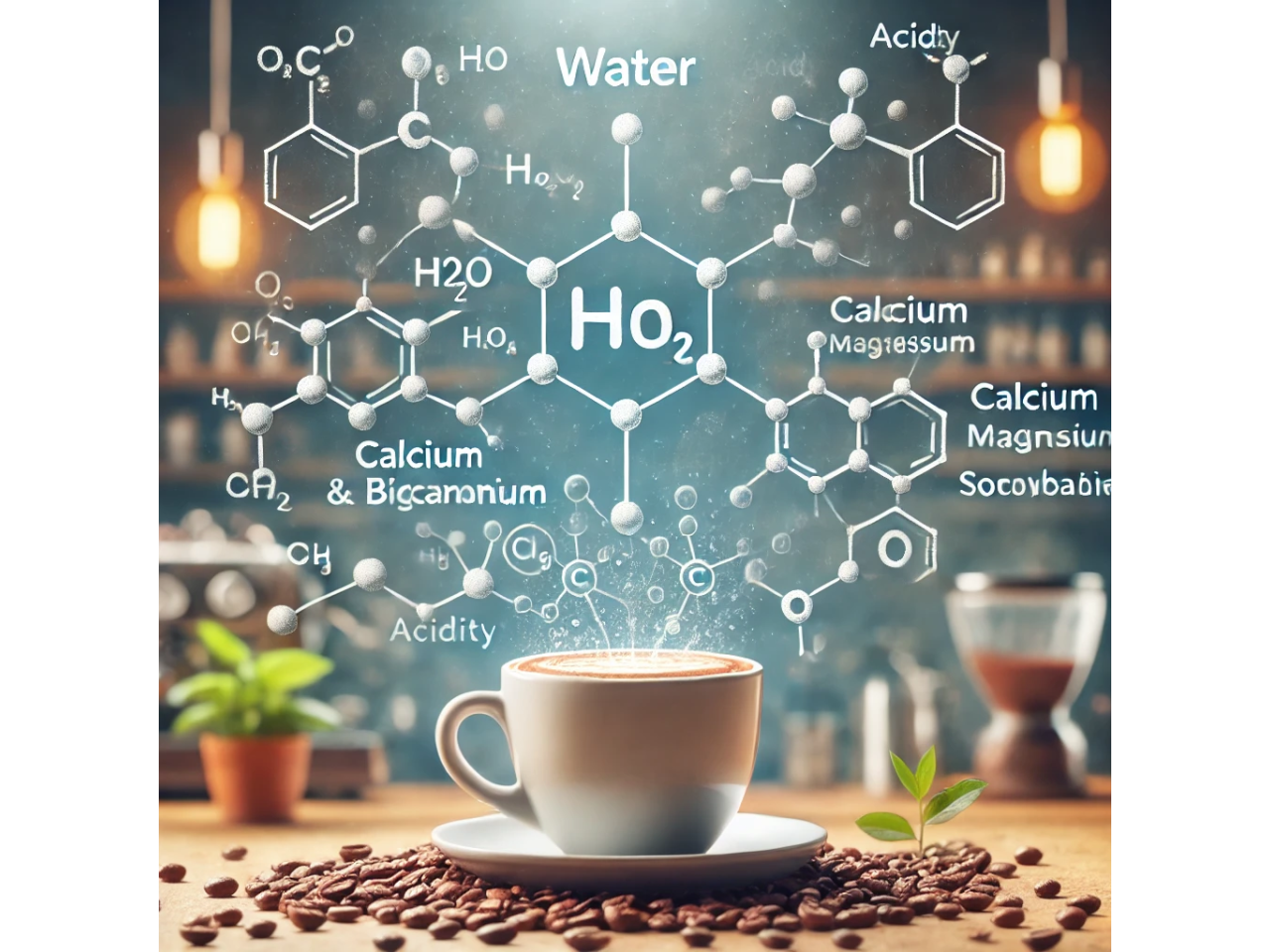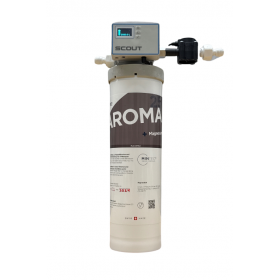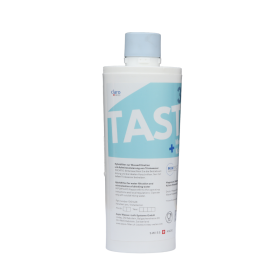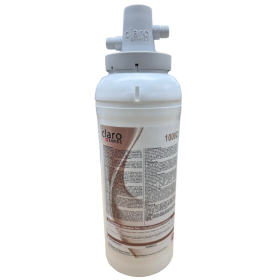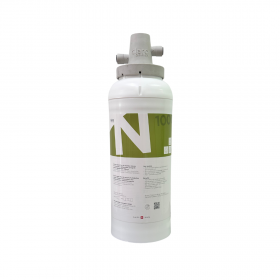The Science of Water Chemistry in Coffee: Unlocking the Secret to a Perfect Brew

Coffee is more than just a drink—it's an experience. From the first aroma to the last drop, everything matters. But one often overlooked factor that can make or break your cup of joe is the water you use. You might think of coffee as just a combination of coffee beans and hot water, but the chemistry of water plays a crucial role in bringing out the best flavors from your brew. So, let’s dive into the fascinating world of water chemistry in coffee and how it affects your morning cup.
Why Water Matters in Coffee Brewing
Water is the primary ingredient in coffee, and its composition can have a significant impact on the flavor profile of the brew. It’s often said that your coffee is only as good as the water you use, and there’s truth to that. Water quality influences extraction, mouthfeel, clarity, and even bitterness or sweetness in the final cup.
Water chemistry influences the way coffee compounds dissolve during brewing. The minerals in the water interact with the coffee grounds, affecting how well the water extracts flavors. There’s a delicate balance required, and too much or too little of certain minerals can drastically change the flavor profile of your cup.
Key Components of Water Chemistry for Coffee
To understand how water chemistry influences coffee brewing, we need to look at the primary elements that impact the extraction process:
1. Water Hardness
Water hardness refers to the concentration of calcium and magnesium ions in the water. These minerals are important because they help dissolve the coffee solubles and enhance the extraction of flavors. Generally, moderate hardness water is best for brewing coffee, as it ensures a good balance of extraction without over or under-extracting the coffee.
Too soft water (low mineral content) can lead to under-extraction, resulting in a weak and flat taste. Hard water (high mineral content) can cause over-extraction, leading to bitterness and an unpleasant aftertaste. A water hardness level of 50-175 mg/L is typically ideal for brewing coffee.
2. Alkalinity (pH Level)
Alkalinity refers to the water’s ability to neutralize acids, and it’s a measure of the bicarbonate concentration. A water’s pH level can affect the extraction process by influencing the acidity of the coffee. Generally, water with a pH close to neutral (around 7) is ideal for coffee brewing.
If the water is too alkaline (high pH), it can suppress the acidity of the coffee, making it taste dull or lifeless. Conversely, overly acidic water (low pH) can lead to over-extraction, creating a sour or astringent taste.
3. TDS (Total Dissolved Solids)
TDS refers to the total concentration of dissolved substances in the water, including salts, minerals, and organic matter. It’s essential for creating the body and mouthfeel of coffee. A balanced TDS ensures that enough compounds are extracted from the coffee grounds to bring out a rich, full-bodied flavor.
However, high TDS can lead to a more astringent, metallic flavor, while low TDS can result in a watery, underwhelming cup.
4. Chlorine and Chloramine
Chlorine and chloramine are often found in tap water due to municipal water treatment processes. While these chemicals help purify the water, they can drastically affect the taste of your coffee, introducing off-flavors and aromas. Chlorine is particularly known for imparting a “plastic” or “rubber” taste.
To avoid this, it’s best to use water that has been filtered to remove these compounds. If you’re using tap water, consider investing in a good water filter to ensure that these impurities are reduced.
Ideal Water for Brewing Coffee
Coffee experts recommend using water that has a balanced composition of minerals to achieve the perfect brew. Here are some key characteristics of ideal brewing water:
Total Dissolved Solids: 150 ppm
Calcium Hardness: 50-100 ppm
Magnesium: 10-30 ppm
Alkalinity (Bicarbonates): 40-70 ppm
pH: Close to neutral (7)
Chlorine/Chloramine: Below detectable levels (if possible)
For home baristas, using filtered or bottled water with these characteristics can significantly enhance the quality of your brew. Some specialty coffee companies even sell water specifically designed for brewing coffee, so you can take the guesswork out of water chemistry.
How to Improve Water Chemistry for Better Coffee
If you’re struggling with inconsistent coffee quality, improving your water chemistry can be a game-changer. Here are a few tips to help you get the best out of your water:
1. Use filtered water
Invest in a high-quality water filter that removes chlorine, chloramine, and other unwanted minerals while preserving essential ones like calcium and magnesium.
2. Measure your water’s mineral content
You can use TDS meters to measure the total dissolved solids in your water. Adjust your water’s mineral composition to get the perfect balance for coffee brewing.
3. Experiment with water composition
If you’re looking to take your coffee game to the next level, experiment with different water profiles. Some coffee enthusiasts even make their own custom water by adding specific minerals to distilled water.
3. Regular Maintenance
Mineral buildup can affect the performance of your coffee machine, so regular cleaning is essential for optimal extraction and taste.
Conclusion: The Importance of Water Chemistry in Coffee
Water chemistry may seem like a small detail in the vast world of coffee brewing, but it has a big impact on flavor. Understanding the relationship between water and coffee can help you brew the perfect cup every time. From hardness to pH and mineral composition, all these factors contribute to the balance, clarity, and complexity of your coffee. So, the next time you brew your favorite coffee, remember that water is just as important as the beans!
By experimenting with the water you use and making small adjustments, you’ll be well on your way to crafting the perfect cup of coffee—one sip at a time. If you're looking for customized water filtration solutions, be sure to check us out. We offer tailored water filtration systems that provide mineralized water, ensuring the perfect water composition for your brew every time. Enhance your brewing process and bring out the best in your coffee!
